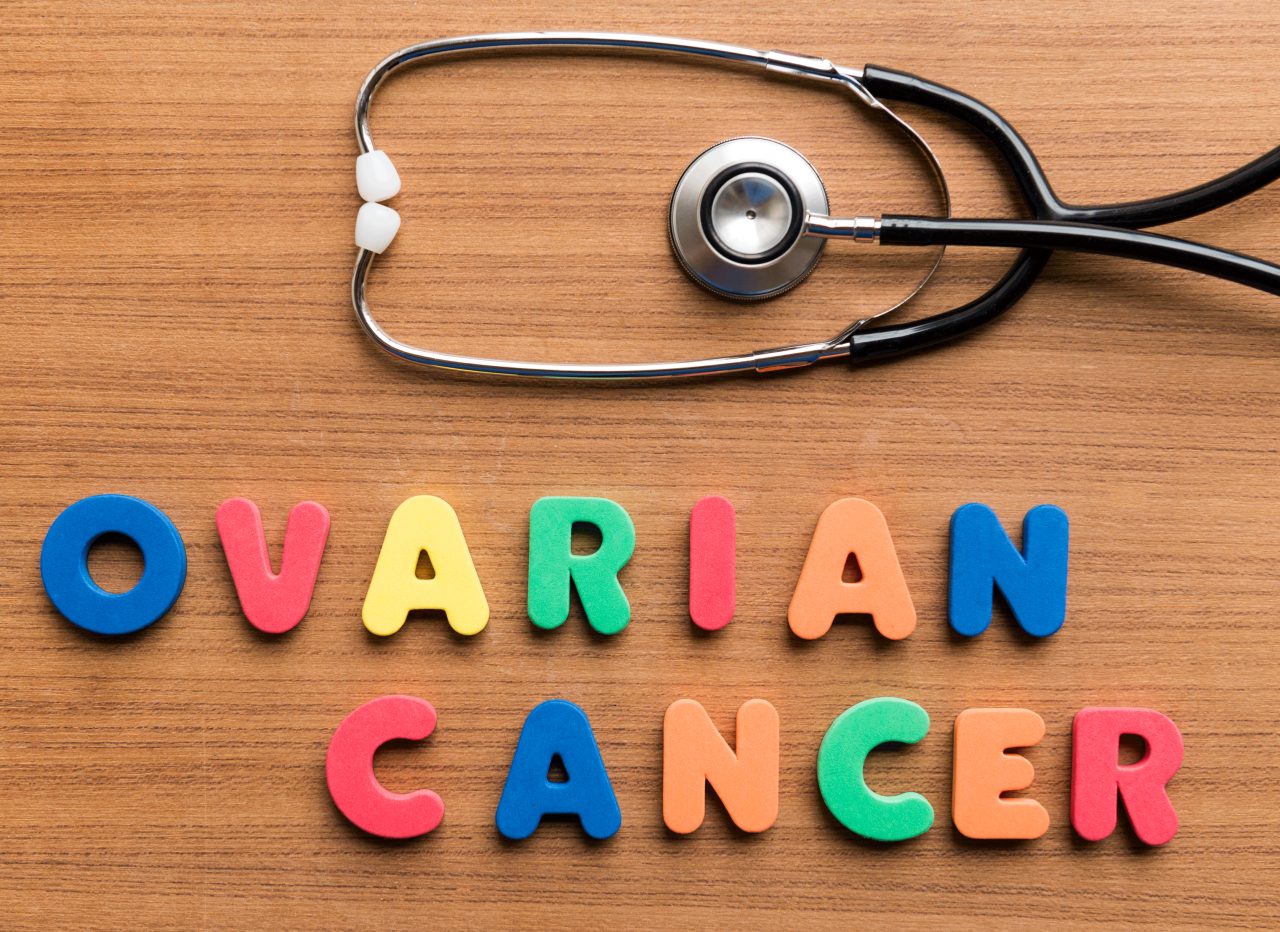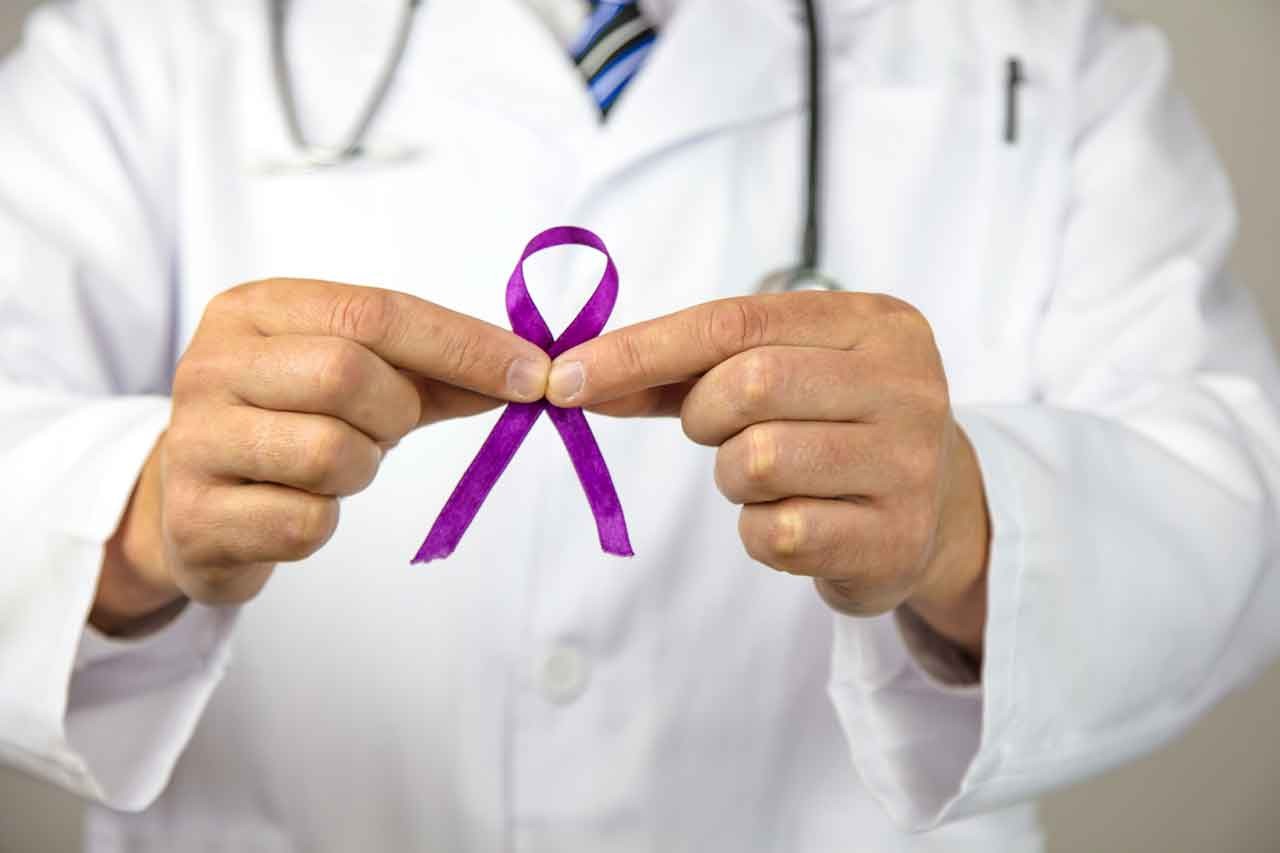
Ovarian Cancer Diagnosis
Only a biopsy, which requires surgery, can establish an ovarian cancer diagnosis. But your doctor may be able to feel an enlarged ovary during a pelvic exam.

In the early stages, the signs and symptoms of ovarian cancer are easy to blame on indigestion, IBS, or aging. See a doctor if your sensations aren’t normal.

Scientists have zeroed in on the genetic mutations that are linked to ovarian cancer. Not all women need to take these tests, however. Here’s what you should know.

Ovarian cancer stages are based on how far the cancer cells have spread, which is determined during surgery. Here’s what you should know.

Surgery and chemotherapy are key ovarian cancer treatments, as with other cancers. Early surgery can keep more than 90 percent of women from dying of the cancer.

A cancer diagnosis and cancer treatment can be overwhelming. Find out why cancer treatment should include psychological help and how to find needed support.

Ovarian cancer is one of the most difficult cancers to spot early, when treatment is most effective. Learn risk factors and symptoms that can be warning signs.

Learn about breast cancer and its connection to ovarian cancer.

What you should know about cervical cancer.

If you’ve taken birth control pills for a while, there’s good and bad news about breast and cervical cancer. Talk to your doctor about your own vulnerabilities.

Some cancers may be more common within some families, and you are more likely to inherit them. A better question than "is cancer hereditary" may be: Is cancer genetic?